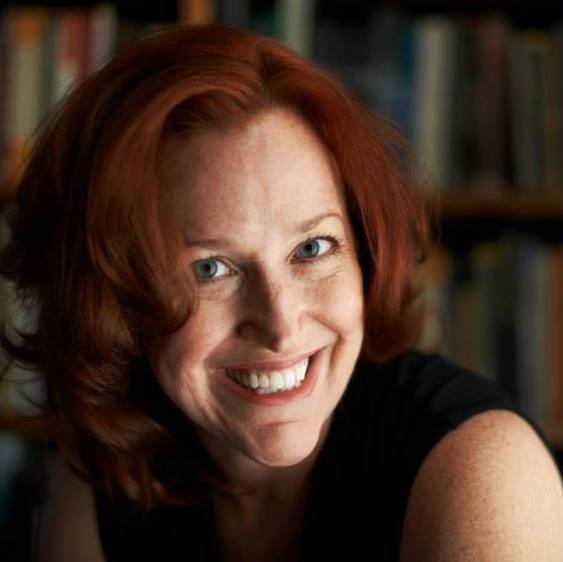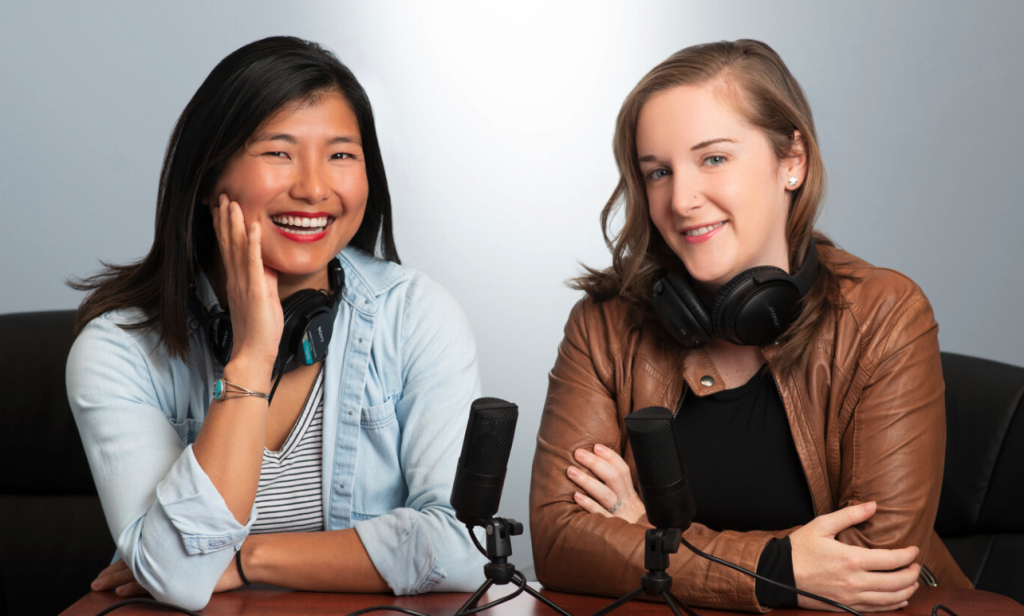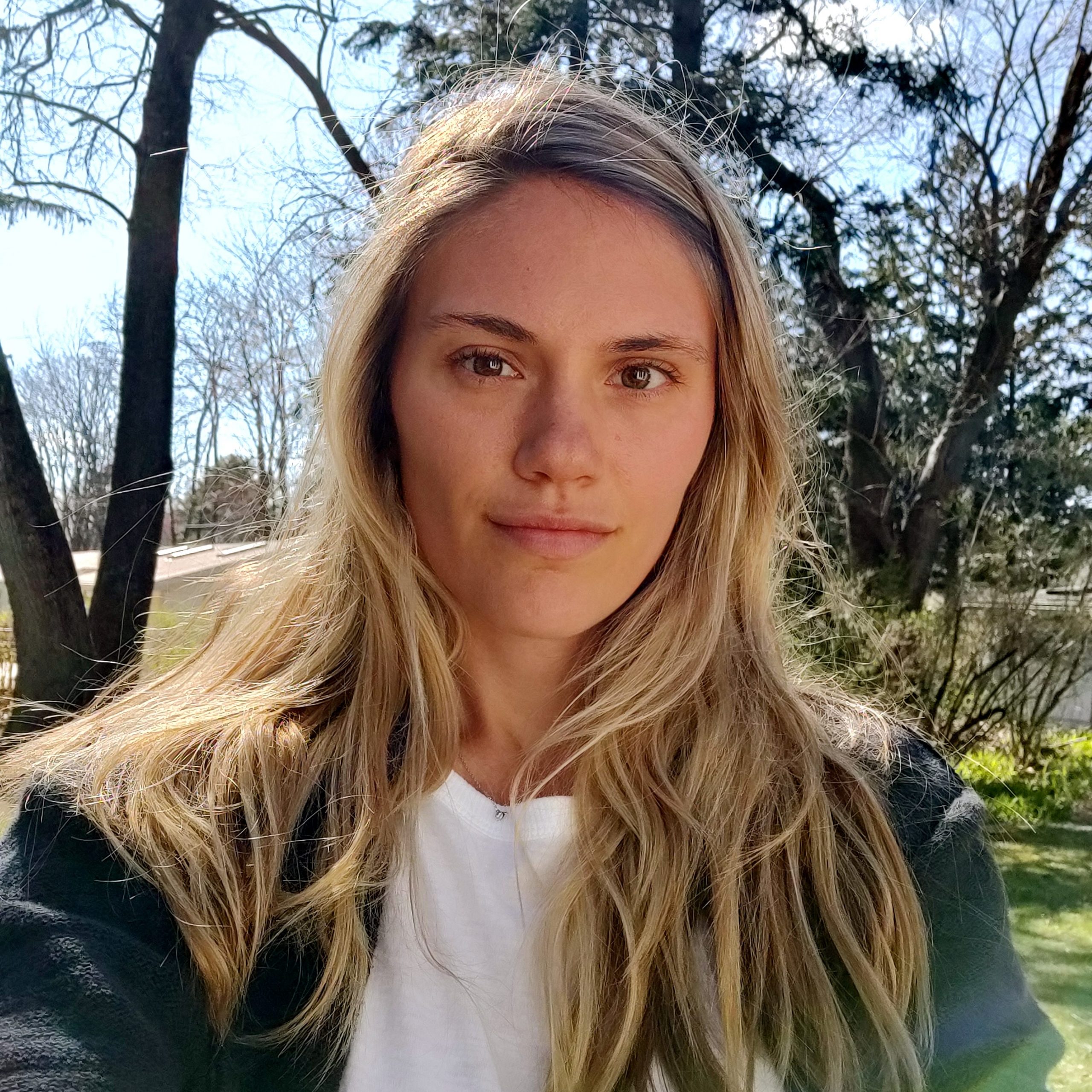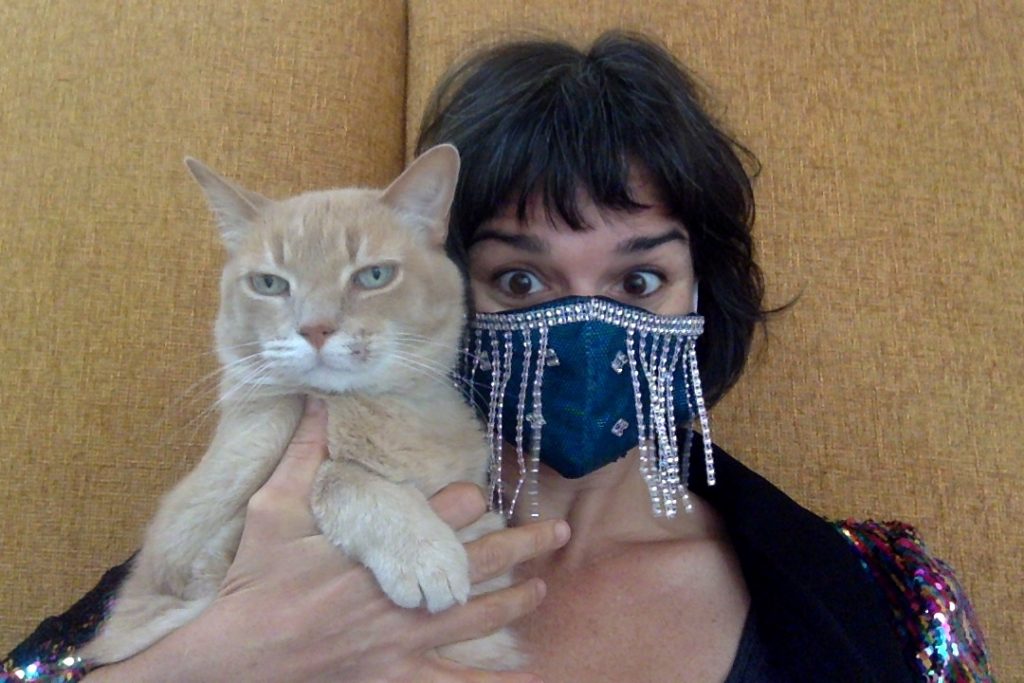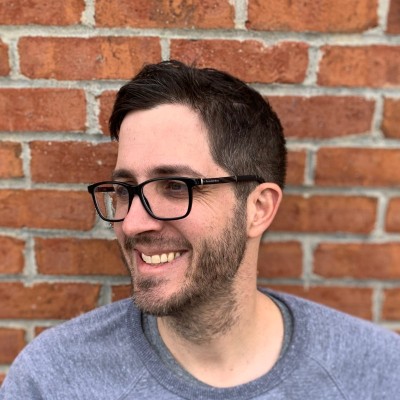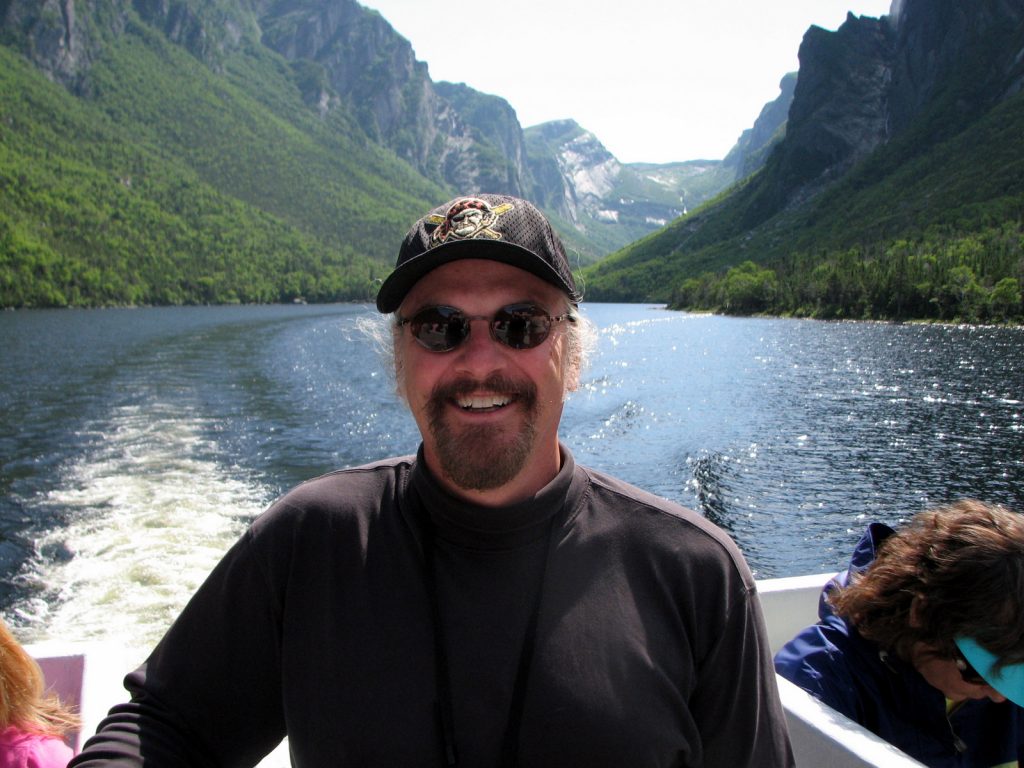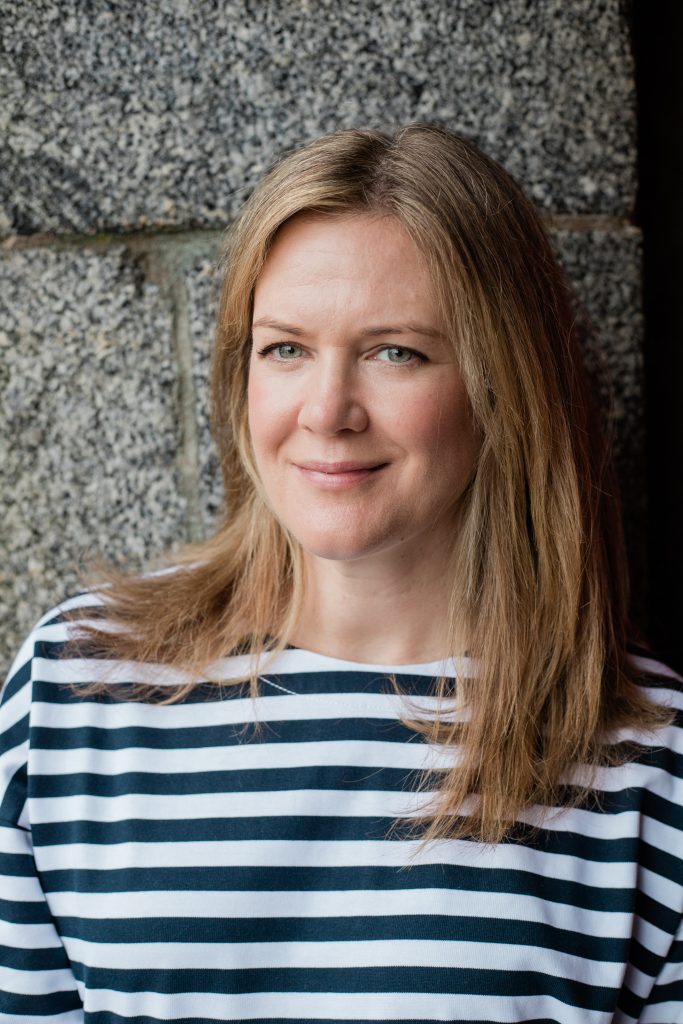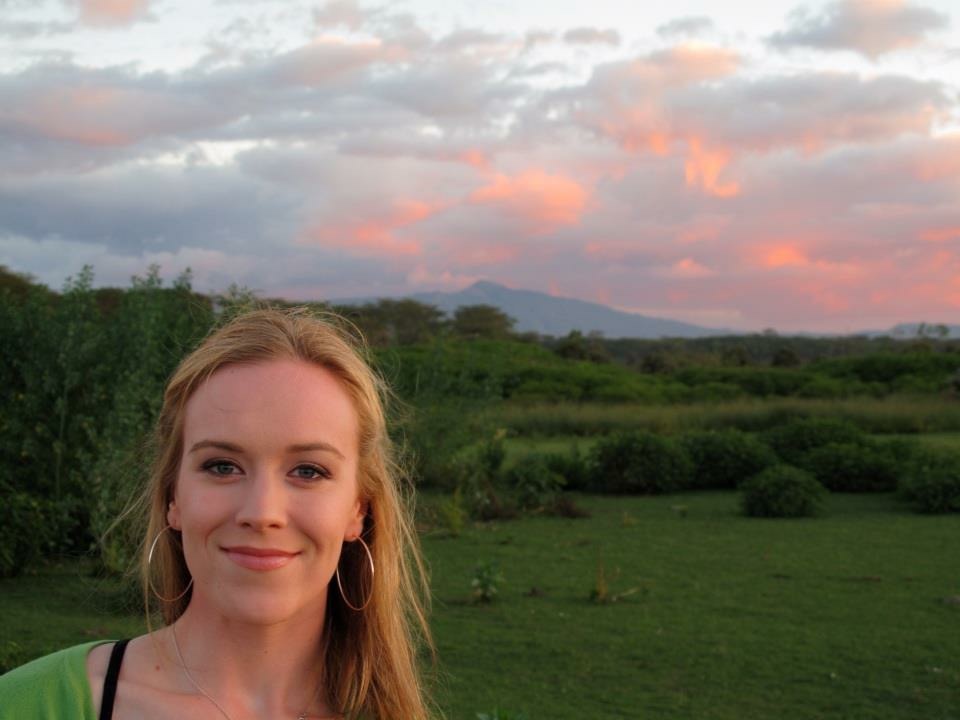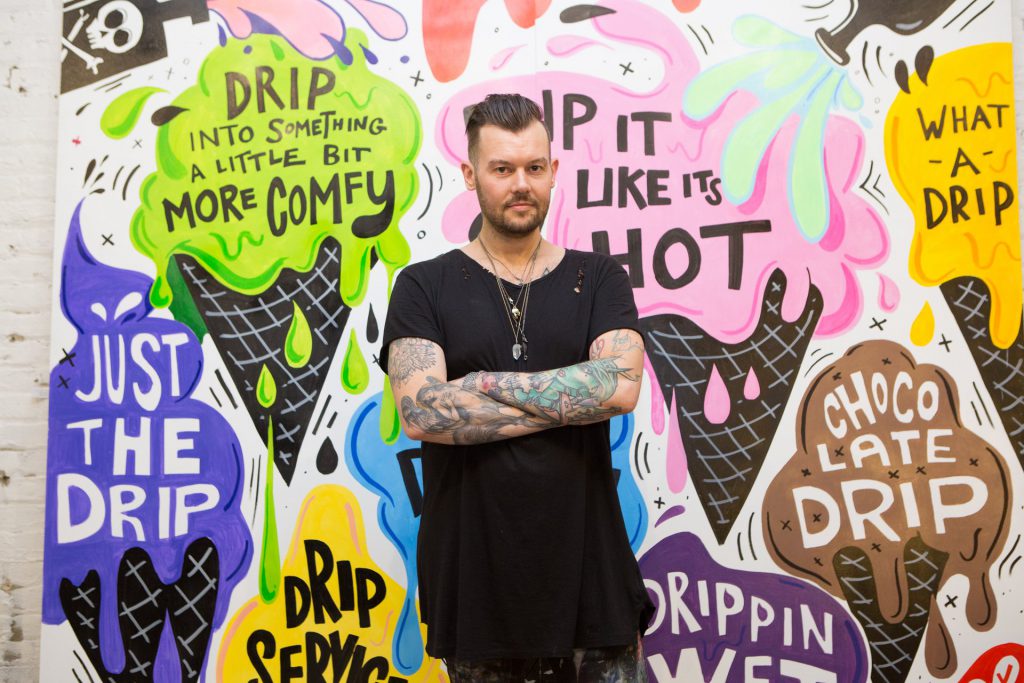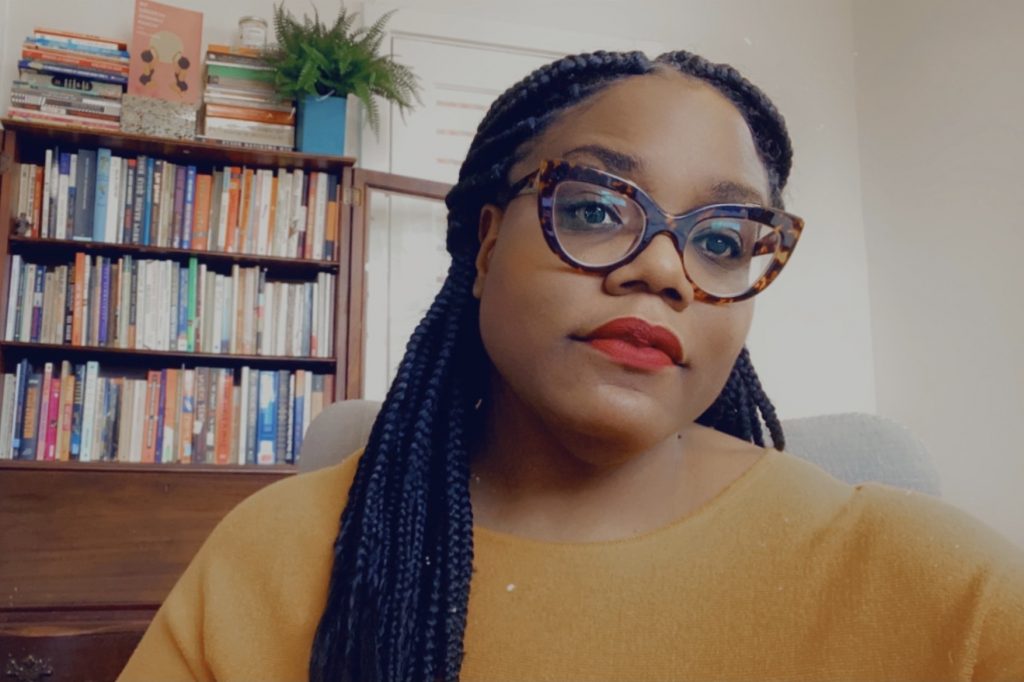
Sponsor love: West Virginia m Wesleyan College’s MFA in Creative Writing and The Facing Project’s Empathy Prize for Nonfiction
What a treat!
It’s Athena Dixon (@AthenaDDixon), the author of the essay collection The Incredible Shrinking Woman (Split Lip Press).
Had a great chat about day jobs and threading the work you want to do around that, how there’s no “writer’s life,” but rather just a “writer living.” That’s a direct quote from her Hippocamp talk this year.
Her essay collection delves into her identity as a Black woman, divorce, relationships, sex, the masks we where, and so on. Highly recommend.
Continue reading “Episode 279: Athena Dixon on Opening Doors, Day Jobs, and the Personal Essay”